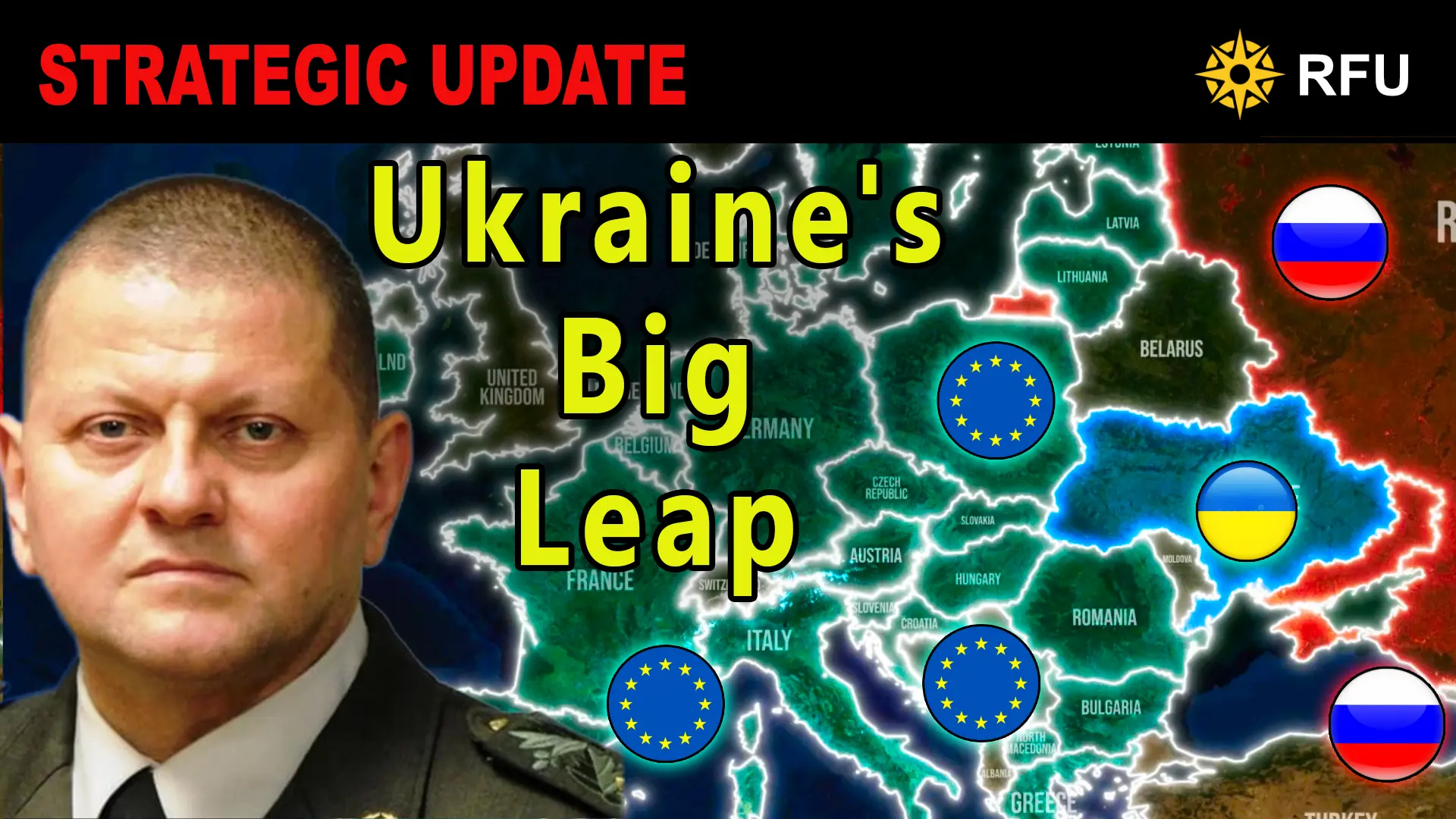What Ukraine’s EU Entry Means for Europe’s Future Stability
Europe faces a transformative moment as Ukraine accelerates its path toward EU membership amid ongoing conflict and complex geopolitical dynamics. The opening of accession negotiations marks a historic step, reflecting both Kyiv’s reform efforts and Europe’s strategic interest in stabilizing the region. Ukraine has made notable progress on reforms in energy, transparency, and anti-corruption, unlocking billions in financial support while bolstering wartime economic resilience. Its integration promises to reshape EU markets, enhancing food security, energy storage, and industrial connectivity, while generating GDP growth and regional investment. Yet, the process is fraught with challenges, including the war with Russia, internal governance hurdles, and enlargement fatigue within the EU. Hungary’s veto power exemplifies the political obstacles that could slow or complicate accession, despite bilateral efforts to resolve minority and legislative concerns. In this context, Ukraine’s EU journey is not only about membership but about redefining European cohesion, strategic resilience, and long-term economic and geopolitical stability.










0 Comments